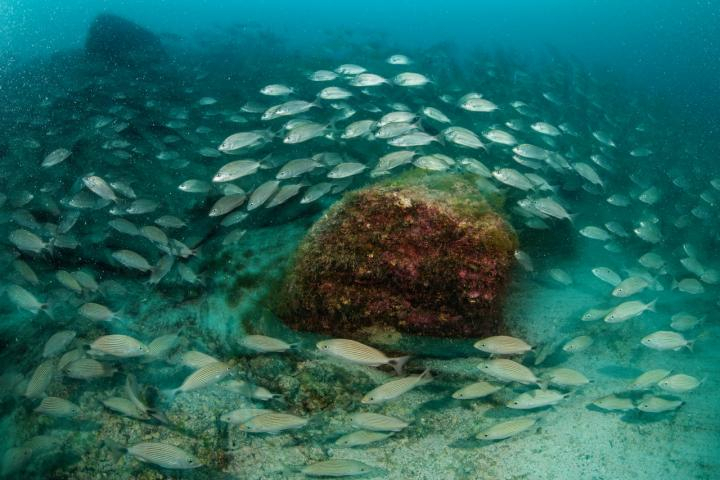
In a recent study, a team of researchers found that the ocean ecosystem takes around two million years to recover from the mass extinction.
As per the study, around 66 million years ago when a giant asteroid struck earth causing the extinction of the dinosaurs, ammonites and several other species, it had a devastating effect on ocean planktons as well, driving it to near-extinction.
The researchers from University of Southampton and the universities of Bristol, UCL, Frankfurt and California charted the aftermath of the devastating event by creating a 13-million-year record of fossil plankton dynamics and providing a glimpse into how the ocean ecosystem "reboots."
The research, published in the journal Nature, showed that it took a further 8 million years for the global species numbers to fully recover.
"[The event] is well known for killing off the dinosaurs, but also laid waste to much smaller creatures, such as ocean plankton – removing crucial food sources from the base of the marine ecosystem which was critical for the recovery of large species," a spokesperson for the University of Southampton said.
The findings of the study also show how the loss of diversity can impact the ecosystem. The lead author of the study, Sarah Alvarez who works at the University of Gibraltar mentioned that the researchers analysed the records of ocean plankton by using calcareous nannofossils.
"We measured abundance, diversity and cell size from over 700,000 fossils, probably the largest fossil dataset ever produced from one site," said Alvarez.
Paleobiologist and co-lead author, Dr Samantha Gibbs added that the research shows the risk that's posed by diversity loss. She said, "Losing species today runs the risk of eliminating key creatures in ecosystems."
In addition, she also mentioned that "Today, by reducing biodiversity, we are running the risk of losing our critical ecosystem players, many of whose importance we don't yet fully appreciate."









